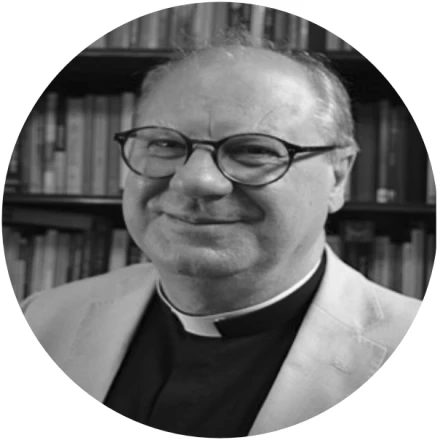In Memoriam: John R Bartlett
I am a liberal heretic, Believing what I can; I’m not a spiky catholic, Nor yet a puritan.
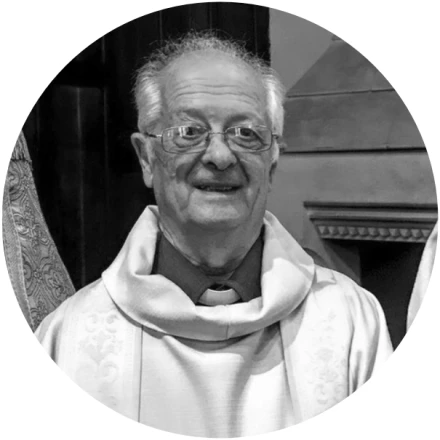
Editorial
THE LATE summer was dominated for many church people, in and beyond the Anglican Communion, by the question, “Will this Lambeth Conference see the break-up of the Anglican Communion?” Breakaway threats from the traditionalist side of the Communion against the Churches which are more open to new insights had become increasingly intense since the foundation of Gafcon and the Anglican Church of North America.
Would this be the time when a definitive split would come about? If so, would that mean a split in the Church of Ireland? Those fears were not realised, but the challenges remain. We are grateful to Archbishop John McDowell and Bishop Michael Burrows for sharing their reflections on the Conference.
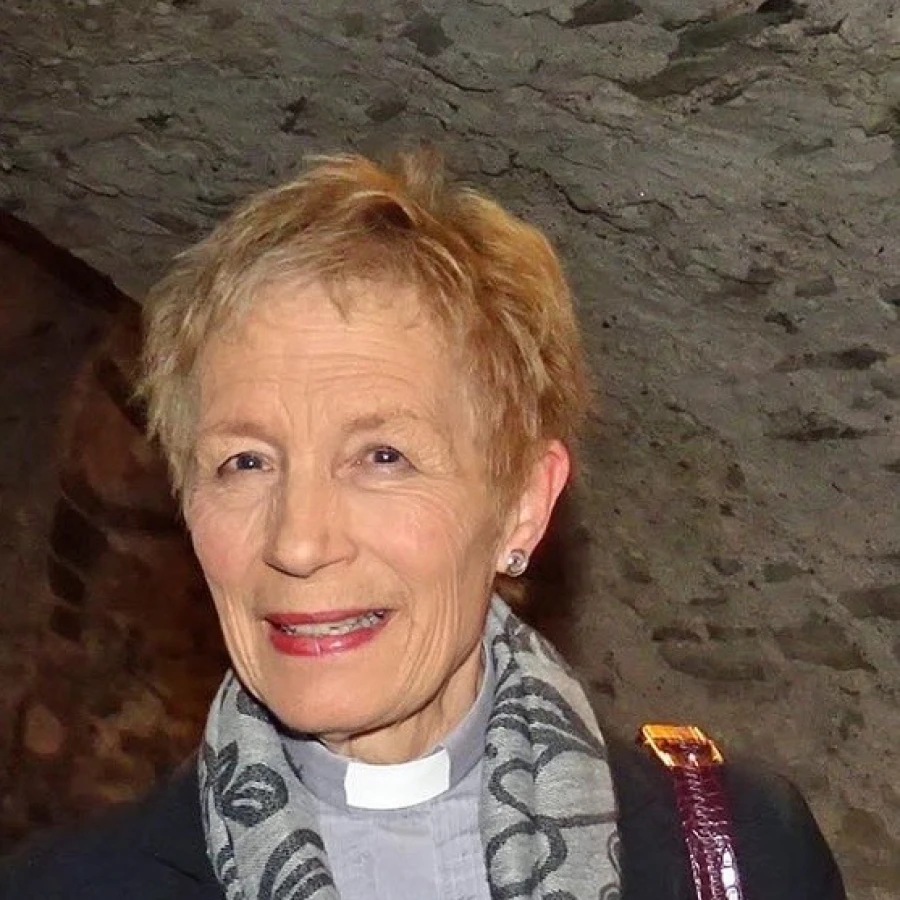
Their input is preceded by a memorial tribute to Search’s former chairman, the Late Revd Prof John Bartlett MRIA, who has given us all so much in over fifty years of service in both church and academia.Concern for the climate emergency now seems to be the uniting preoccupation of the Communion, so Canon Andrew Orr, chair of Eco Congregation Ireland, contributes a reflection on climate friendly initiatives in the local church and the impact these can have on the wider society and our future. Inspiring worship offers a spur to such activity, and to this end Mark Duley shares his experience of providing the indefinable yet powerful musical element of liturgy.And in tune with this global view of our responsibilities, Archbishop Michael Jackson considers how we can worship along with people of other religious traditions around the world, growing in mutual respect and openness to fresh insights into our sacred scriptures.On the home front, there has been increasing anxiety of late about healthy structures for decision-making in the Church of Ireland and the recognition of the laity as spiritually gifted members of the body of Christ. William Olhausen has taken up the challenge here with theological reflections on governance in today’s church.Finally looking back a full century to the Civil War, two noted historians, Brian M Walker and Ian d’Alton reflect on how the challenges of those times may impact us today. A Liturgica pondering “The Lord be with you” and Book Reviews bring this autumn edition to a close.

I am a liberal heretic, Believing what I can; I’m not a spiky catholic, Nor yet a puritan.

I MET David (not his real name) recently, at a Quaker organised conference on Christianity and climate change. In his mid-twenties, he is engaged to be married, but in the course of his talk, he told us that he and his fiancée Sinead had already decided not to have any children.
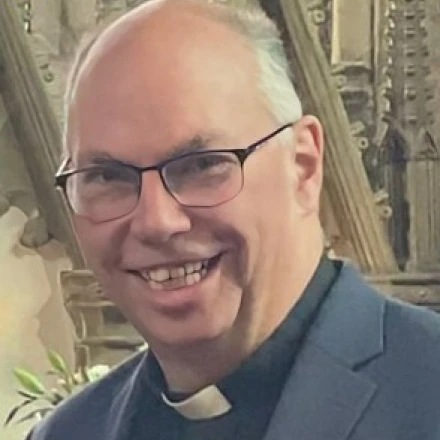
The Most Revd John McDowell, archbishop of Armagh, and the Rt. Revd Michael Burrows, bishop of Tuam, Limerick and Killaloe, compare their experience of August’s decennial meeting of the bishops of the Anglican Communion, which was expected to exhibit acute theological and ethical divisions within the worldwide Church.
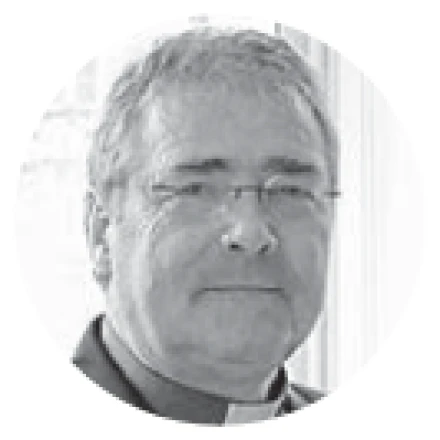
ANGLICAN churchman W. R. Inge once wrote, “When our first parents were driven out of Paradise, Adam is believed to have remarked to Eve: ‘My dear, we live in an age of transition.”’ Transition is something churches often struggle with, and especially when it comes to music in worship.

I REMEMBER once attending a Theological Conference in Tirana, Albania. My flight arrived early on Sunday. There was no Anglican chaplaincy that I could find. I still wanted to worship God on Sunday. I found a Greek Orthodox Church. I went in.
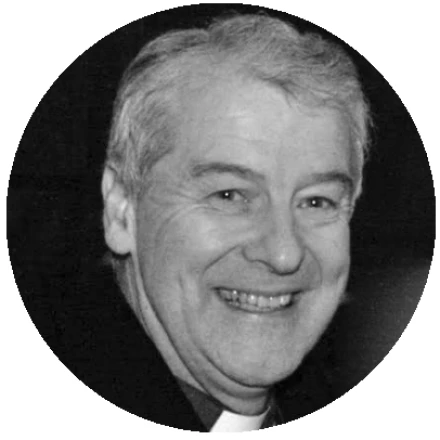
LOOKING back a hundred years, the most obvious of the challenges facing the Church of Ireland was the constitutional crisis caused by partition and the establishment of two new polities, Northern Ireland and the Irish Free State.

IN THE CHURCH of Ireland today, governance - or who has the power to decide what - has become an increasingly important issue. This is particularly the case in relation to Charities legislation, which requires that governing bodies at any level must consist of people conversant with the central aims of the entity they administer; but it’s also the case in relation to principles of hierarchy and democracy, which can too easily come into conflict in church life.
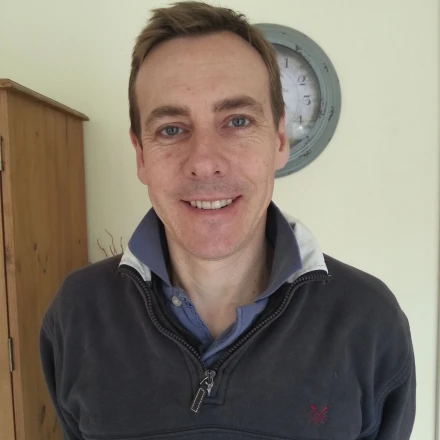
WITH the break-up of empires after the Great War the question of national boundaries bedevilled much of Europe and further afield. Frontiers were rearranged by annexation and plebiscites. The Irish boundary question was part of that general resettling, but different in that it emerged from an internal reordering of the United Kingdom consequent upon the 1920 Government of Ireland Act.

‘COME people, Aaron’s drest.’ So ends George Herbert’s poem Aaron. It is part statement and part invitation and reminds us that worship begins with the act of gathering. Once gathered, the congregation is greeted; and so the Order for Morning and Evening Prayer begins in the 2004 edition of the Book of Common Prayer with the liturgical greeting: ‘The Lord be with you.’ ‘And also with you.’
